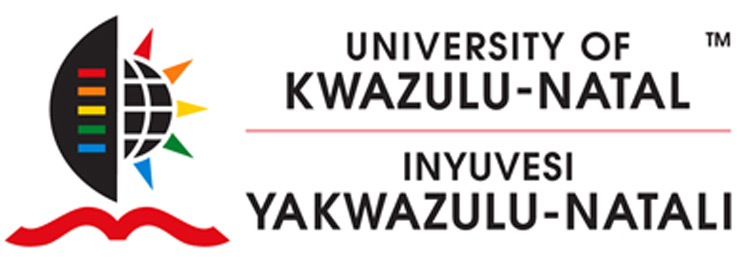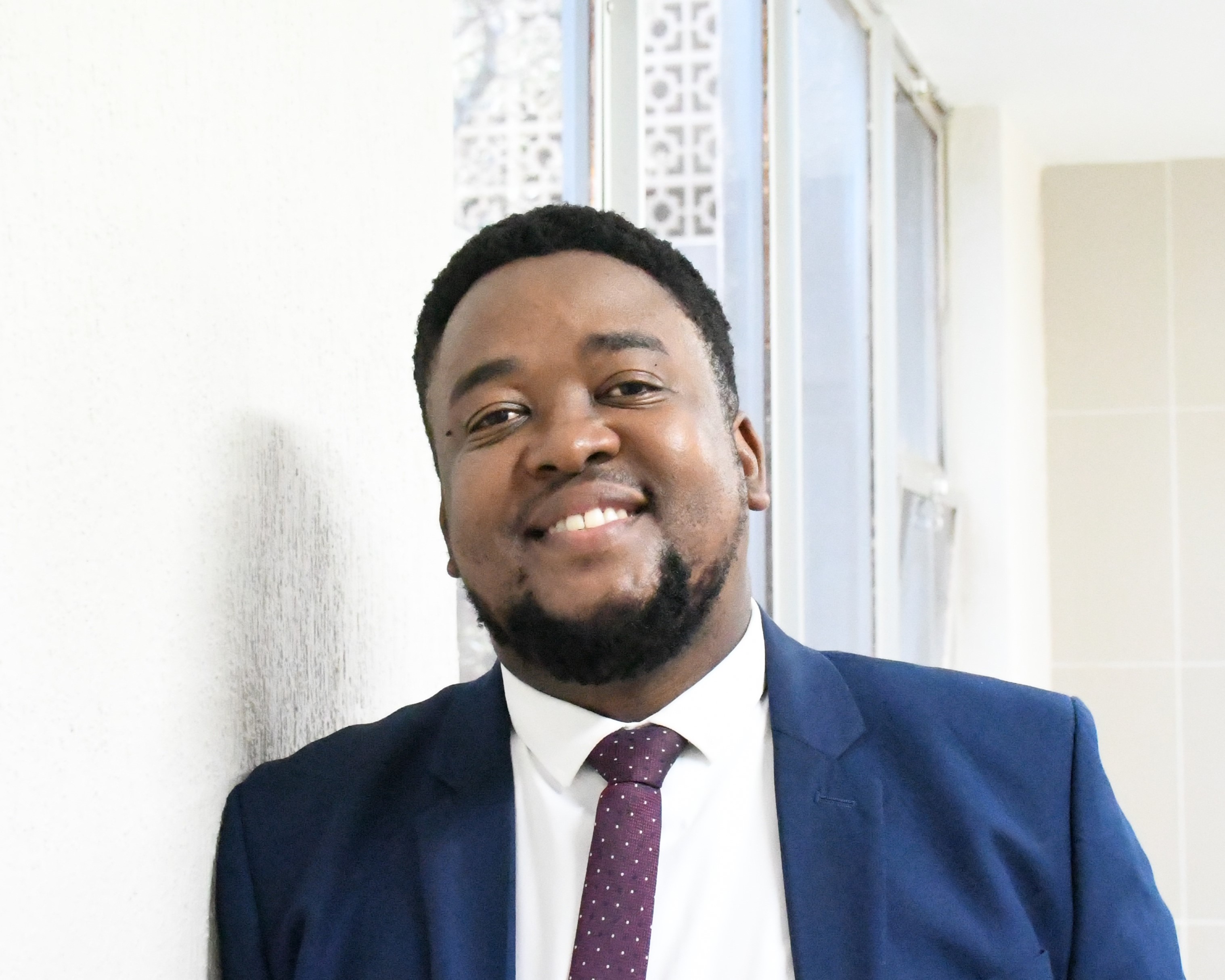Human Physiology Associate Professor in UKZN’s School of Laboratory Medicine and Medical Sciences Andile Khathi was invited as a plenary speaker in the “Rising Stars” session at the 6th Annual BioAfrica Convention held in September.
The event offered an enriching and collaborative platform for the exchange of ground-breaking ideas and opportunities in the biotechnology industry and innovations pertaining to the continent’s health, energy, agriculture and entrepreneurial sectors. This year’s convention embraced the theme: Re-imagining Biotechnology Innovation for Africa’s Development and Security.
‘It was a wonderful opportunity where I interacted with Africa’s leaders in innovation and entrepreneurship in science. It’s really important that the work we do doesn’t just end up in scientific publications but is also translated into products and services that change people’s lives for the better,’ said Khathi. ‘This event showcased the wealth of innovation that our continent has, and I’m glad I was able to contribute.’
Khathi leads a UKZN research team with a strong focus on prediabetes – a serious health condition where blood sugar levels are higher than normal, but not yet high enough to be diagnosed as type 2 diabetes - and the changes that occur in the body. In 2020, his work was included in a World Health Organization report on prediabetes’ inclusion as a recognised comorbidity for COVID-19. The report recommended that all members of the population should be tested for it. In line with this, Khathi designed a point-of-care diagnostic device for the early detection of prediabetes for which he is currently developing a prototype.
Amongst other accolades, Khathi is the co-founder and chairperson of the Diabetes and Endocrine Research Society of South Africa and a Topic Editor for Frontiers in Endocrinology and Frontiers in Nutrition, the leading journals in his field. In 2018 he was named the Best Emerging Teacher in the College of Health Sciences while in 2022 he received the National Research Foundation (NRF) Best Emerging Researcher in Natural Sciences award. In 2023, he was the recipient of the ASTRA Research Excellence Award in Human Physiology.
Khathi firmly believes that medical scientists cannot function on their own if they are to improve the quality and reach of their work. ‘Scientists need to collaborate with other disciplines such as engineering, computer sciences and business studies, to name but a few, so that all the work produced continues to have relevance, and elements of innovation and entrepreneurship.’
Words and photograph: Lunga Memela






